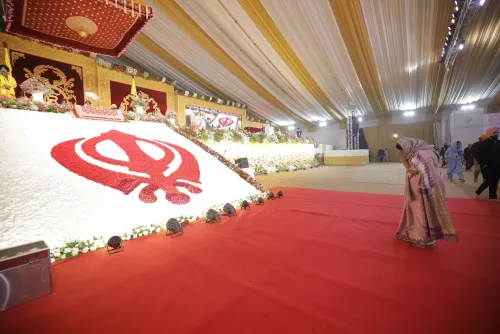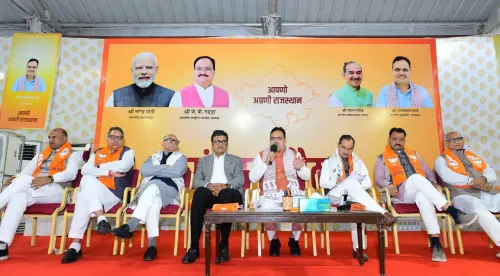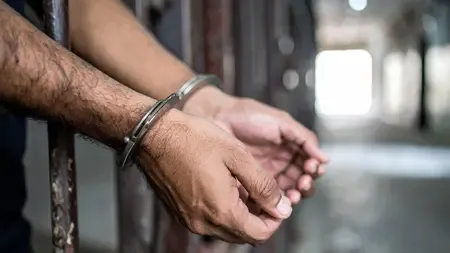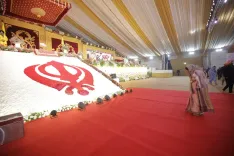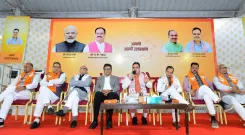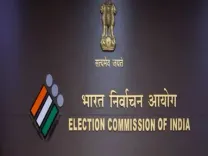How is the EC planning to utilize digital data for the swift removal of deceased voters' names from electoral rolls?
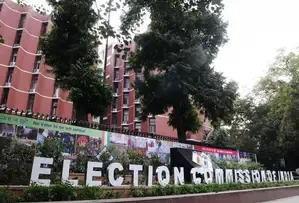
Synopsis
Key Takeaways
- Direct collection of electronic data from the Registrar of Births and Deaths for faster removal of deceased voters.
- Changes to Voter Information Slips to enhance user-friendliness.
- Timely updates on registered deaths for Electoral Registration Officers.
- Standard photo ID cards for Booth Level Officers to improve citizen recognition.
- Addressing concerns over electoral discrepancies and anomalies.
New Delhi, May 1 (NationPress) In a bid to expedite the removal of deceased voters' names from electoral rolls, the Election Commission of India (ECI) has announced its intention to directly gather electronic data from the Registrar of Births and Deaths, according to an official statement issued on Thursday.
Currently, the names of deceased individuals are not removed or verified by booth-level officers until a formal application is submitted through Form 7.
In addition, the ECI plans to revamp the design of Voter Information Slips (VIS) to enhance their user-friendliness, as stated by the official.
Highlighting recent decisions made by Chief Election Commissioner (CEC) Gyanesh Kumar, the official remarked, “The Commission will now electronically acquire death registration data from the Registrar General of India in accordance with Rule 9 of the Registration of Electors Rules, 1960 and Section 3(5)(b) of the Registration of Births and Deaths Act, 1969 (as amended in 2023).”
“This initiative will guarantee that Electoral Registration Officers (EROs) receive timely updates on registered deaths. It will also empower Booth Level Officers (BLOs) to verify information through field inspections without waiting for a formal Form 7 request,” the official elaborated.
To make electoral slips more user-friendly, the Commission has decided to alter their design.
“The serial number and booth number of voters will be displayed more prominently with an enlarged font size, facilitating easier identification of polling stations for voters and enabling polling officials to efficiently locate names in the electoral roll,” the official added.
The Commission has mandated that all BLOs, appointed by EROs under Section 13B(2) of the Representation of the People Act, 1950, be provided with standard photo identity cards to ensure that citizens can recognize and interact confidently with BLOs during voter verification and registration initiatives.
This move by the EC comes amid allegations from the Leader of Opposition in the Lok Sabha, Rahul Gandhi, and West Bengal Chief Minister Mamata Banerjee regarding inconsistencies in voters’ lists.
During his recent visit to Boston, Gandhi criticized the EC, stating, “It is evident to us that the Election Commission is compromised, and there are significant issues within the system.”
The Trinamool Congress has been highlighting that voters from various states are assigned the same Election Photo Identity Card (EPIC) number.
In March, a delegation of Trinamool Congress MPs urged the ECI to ensure a “Unique ID” for EPIC cards, similar to Aadhaar cards and passports.
Last month, the Trinamool Congress commenced a year-long review and verification of the voters' list in West Bengal.
Upcoming West Bengal Assembly elections for a new 294-member legislature are set for March-April 2026.



